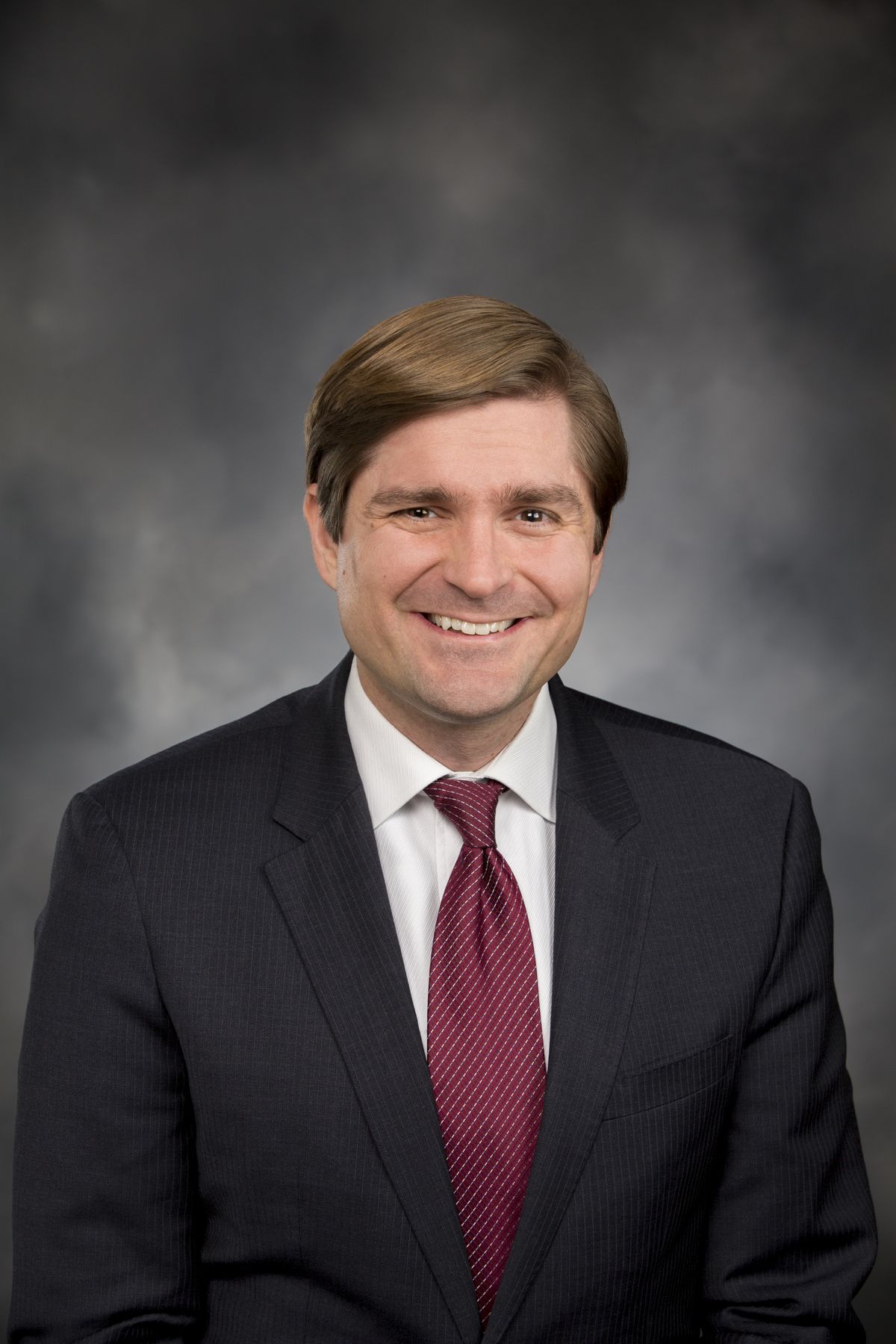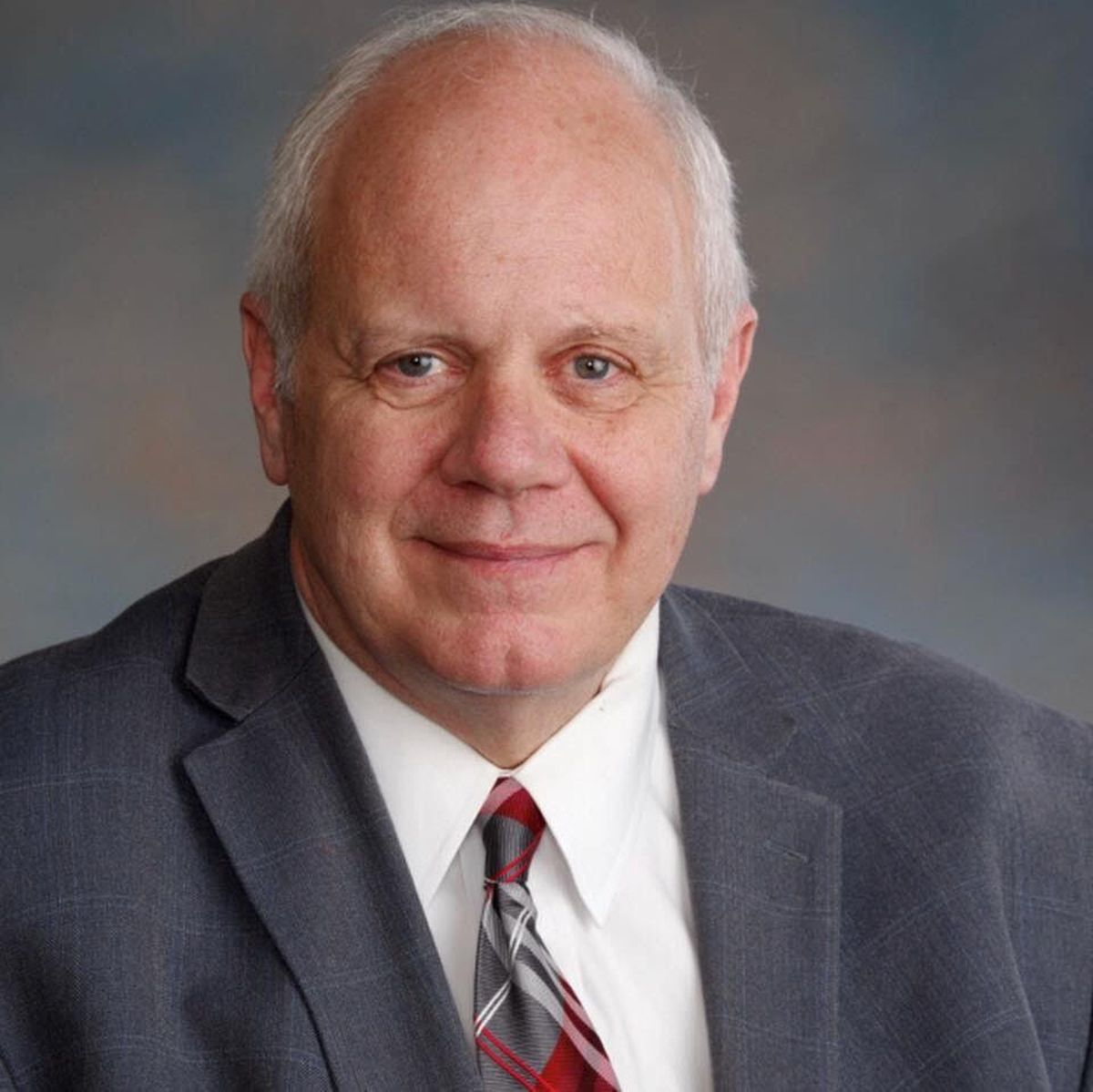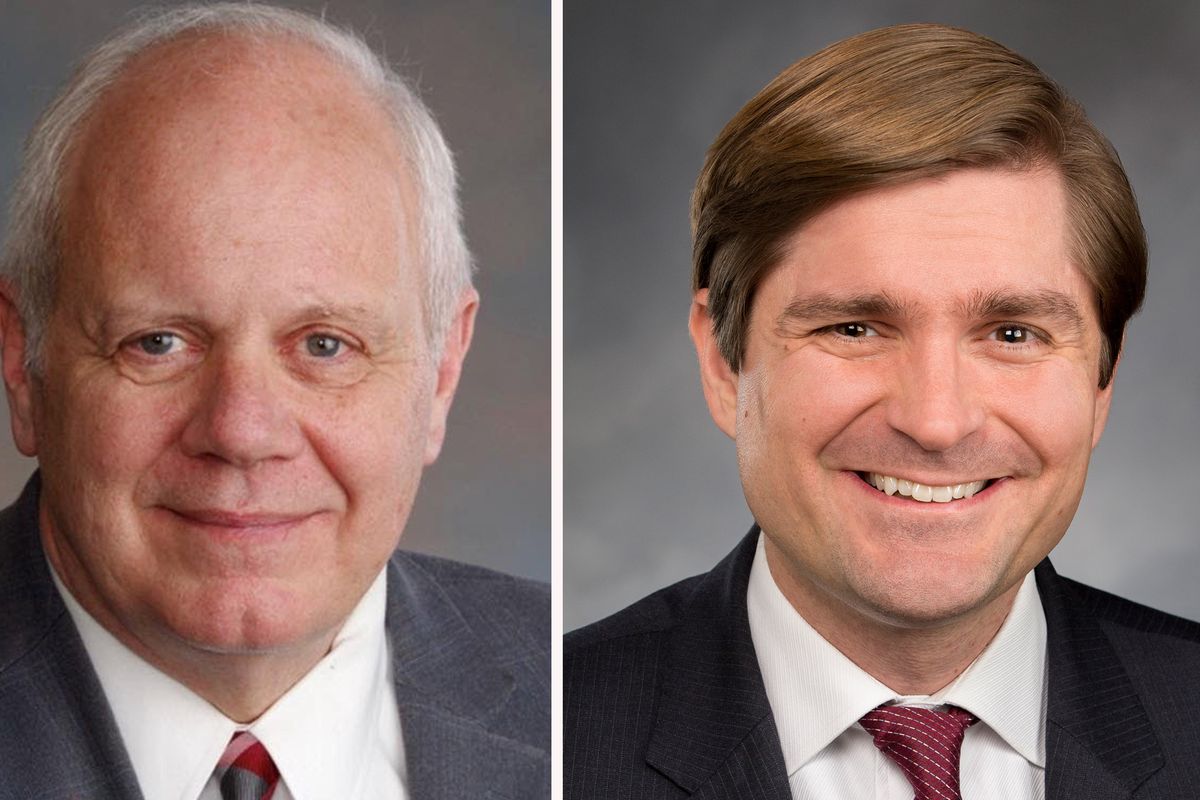Race for state treasurer could be higher profile this year
Republican incumbent Duane Davidson, left, and Democratic challenger Mike Pellicciotti are running for state treasurer. (courtesy)
The contest for the job of managing billions of dollars that come into and go out of state coffers hinges in part on a comparison of résumés.
The incumbent state treasurer, Republican Duane Davidson, cites his credentials as a certified public accountant, auditor and former county treasurer.
The job involves working with local government for their investments and liabilities, he said.
His Democratic challenger, Mike Pellicciotti, says his background as a lawyer and two-term legislator would be more helpful for the job’s requirements of following statutes and dealing with the Legislature.
“The way laws are written matter,” he said.
Legislative experience is so important that five of the past seven state treasurers were legislators, Pellicciotti said. But Davidson points out that two of those former legislators turned treasurers are backing him.
Pellicciotti has criticized Davidson’s attendance record for different boards and commissions on which the treasurer serves, such as the State Investment Board and the Housing Finance Commission. Davidson counters that he sends designated deputies, as allowed by law, particularly when meetings don’t involve a vote on major decisions.
“I stay extremely involved in the decision-making,” he said, adding that he is being a good leader by empowering his staff to play a role. “I go to the meetings that matter the most.”
In the Legislature, Pellicciotti has been a sponsor or co-sponsor of bills to increase transparency for campaign contributions. He says he won’t take corporate contributions, and criticizes Davidson for taking money from banks or political action committees connected to them, saying there’s a conflict with the treasurer’s role in placing the state’s money in different financial institutions.
Davidson counters that there’s no ethical prohibition in the statutes, and the state’s accounts are so large that the resulting fees are very small. The state pays far more in attorneys fees, he said, and Pellicciotti accepts money from attorneys.
Both are opposed to the establishment of a state bank, which some legislators have proposed for years, most recently as a way for the state’s legal marijuana industry to get banking services now denied them be federal law.
The problems over the banking for marijuana businesses are best resolved at the federal level, Davidson said.
The largest source of money for a state bank would be the government pension funds, and neither candidate would risk those funds on such a project.
Both support using some of the state’s reserves, often called the Rainy Day Fund, to help with downturn in revenue from the COVID-19 pandemic. Both support a special legislative session to deal with the economic effects of the COVID-19 pandemic, something Gov. Jay Inslee has so far resisted.
Pellicciotti said a session should be based “entirely on economic conditions,” and called when those are clear. “There’s a lot that’s up in the air,” he said.
Davidson wrote Inslee letters earlier this year asking him to call a session in the summer, which Republican legislators were also advocating. “There’s going to be a cost associated with the delay, with more expensive decisions when they convene,” he said.
Although Washington voters elect a treasurer every four years, the race is often eclipsed by other items on a crowded ballot that also includes the president and governor. The candidates often struggle for attention, but this year Davidson and Pellicciotti may have a record amount of money to spend to raise their profiles.
“It may be one of the most expensive treasurer’s races in the country,” Davidson said recently.
On that score, Pellicciotti currently has the edge, having raised almost twice as much as Davidson before the Labor Day weekend.
He also finished about 150,000 votes ahead in their head-to-head matchup in the primary, causing Davidson to shake up his campaign structure and hire a new manager with national experience.


